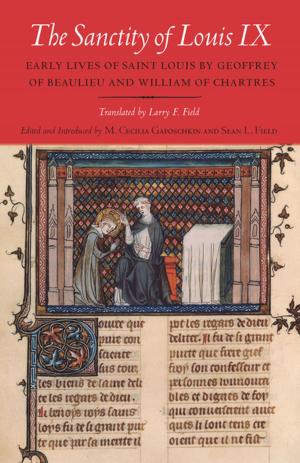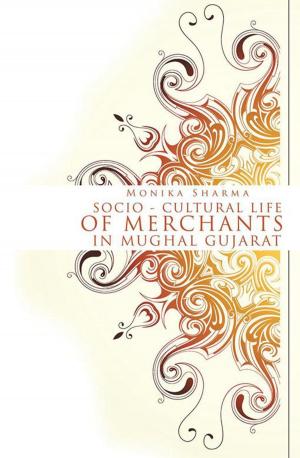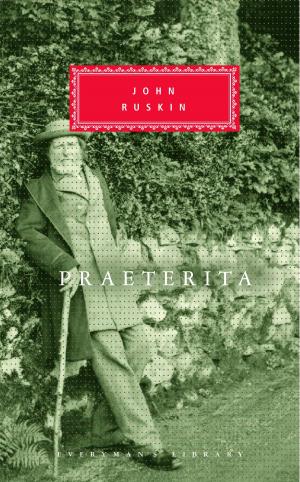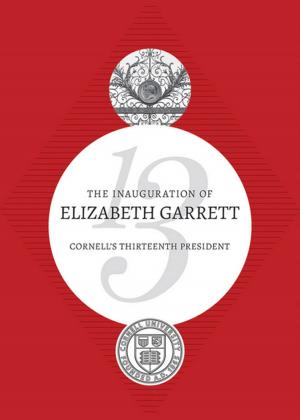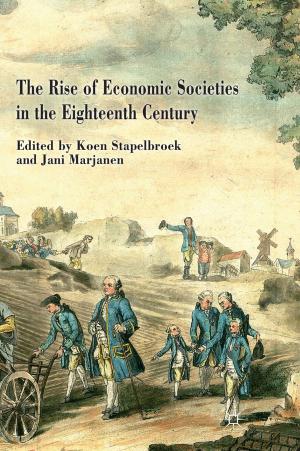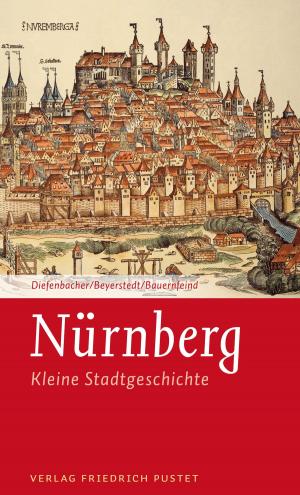The Jewish Life of Christ being the SEPHER TOLDOT JESHU or Book of the Generation of Jesus
Nonfiction, Religion & Spirituality, Judaism, Sacred Writings, History| Author: | Anonymous, J. M. Wheeler | ISBN: | 6610000055364 |
| Publisher: | HardHead Publications | Publication: | February 10, 2018 |
| Imprint: | HardHead Publications | Language: | English |
| Author: | Anonymous, J. M. Wheeler |
| ISBN: | 6610000055364 |
| Publisher: | HardHead Publications |
| Publication: | February 10, 2018 |
| Imprint: | HardHead Publications |
| Language: | English |
PREFACE
When we first announced our intention of publishing a translation of this work, we were unaware that it had ever appeared in English before it was inserted in the New York Truthseeker by “Scholasticus.” This able and learned writer, who has since published his translation, with other highly interesting matter, under the title of “Revelations of Antichrist concerning Christ and Christianity,” (Boston: J. P. Mendum.—New York: D. M. Bennett; 1879) supposed that he was the first who introduced it to the English-speaking world. He was, however, mistaken. We have quite recently lighted on a translation published by Richard Carlile in 1823. It was done by a Jew, who stated that it had “never before been wholly translated into any modern language.” He appears to have been right in this statement, as the earliest continental translation we can trace is in German, and was published at Stuttgart in 1850, in a volume together with the Apocryphal Gospels, by Dr. R. Clemons. No copy of the Richard Carlile edition (the Hebrew translator does not give his name) is to be found in the British Museum. It is a sixteen-page octavo pamphlet, with an Editor’s Preface, probably by Carlile himself, and a Dedication by the translator “To the Clergy of the Church of England.” His English text is substantially the same as that now published. Some of its phrases are rough and racy, possibly owing to his strict adherence to the original; and instead of veiling in Latin the amours of Pandera and Miriam, he relates them in plain English, with Biblical naïvité.
The Sepher Toldoth Jeshu was first published in Latin, with the Hebrew text in parallel columns, by J. C. Wagenseil in his “Tela Ignea Satanae,” a collection of Jewish Anti-Christian tracts, all translated into Latin, with attempted refutations. To collect these valuable tracts, Wagenseil travelled widely through Spain and into Africa, where the chief centres of Jewish learning then existed. His work was published at Altdorf in 1681.
PREFACE
When we first announced our intention of publishing a translation of this work, we were unaware that it had ever appeared in English before it was inserted in the New York Truthseeker by “Scholasticus.” This able and learned writer, who has since published his translation, with other highly interesting matter, under the title of “Revelations of Antichrist concerning Christ and Christianity,” (Boston: J. P. Mendum.—New York: D. M. Bennett; 1879) supposed that he was the first who introduced it to the English-speaking world. He was, however, mistaken. We have quite recently lighted on a translation published by Richard Carlile in 1823. It was done by a Jew, who stated that it had “never before been wholly translated into any modern language.” He appears to have been right in this statement, as the earliest continental translation we can trace is in German, and was published at Stuttgart in 1850, in a volume together with the Apocryphal Gospels, by Dr. R. Clemons. No copy of the Richard Carlile edition (the Hebrew translator does not give his name) is to be found in the British Museum. It is a sixteen-page octavo pamphlet, with an Editor’s Preface, probably by Carlile himself, and a Dedication by the translator “To the Clergy of the Church of England.” His English text is substantially the same as that now published. Some of its phrases are rough and racy, possibly owing to his strict adherence to the original; and instead of veiling in Latin the amours of Pandera and Miriam, he relates them in plain English, with Biblical naïvité.
The Sepher Toldoth Jeshu was first published in Latin, with the Hebrew text in parallel columns, by J. C. Wagenseil in his “Tela Ignea Satanae,” a collection of Jewish Anti-Christian tracts, all translated into Latin, with attempted refutations. To collect these valuable tracts, Wagenseil travelled widely through Spain and into Africa, where the chief centres of Jewish learning then existed. His work was published at Altdorf in 1681.


